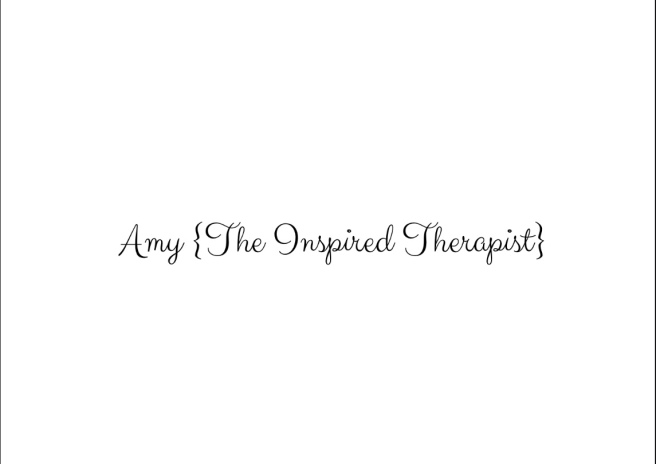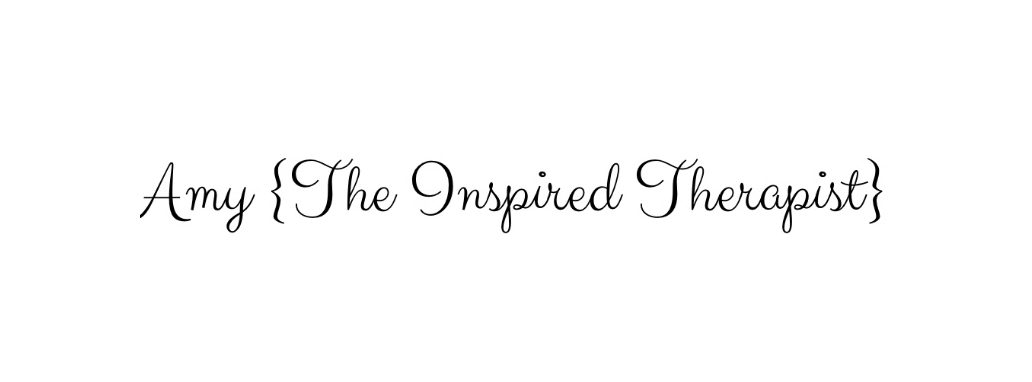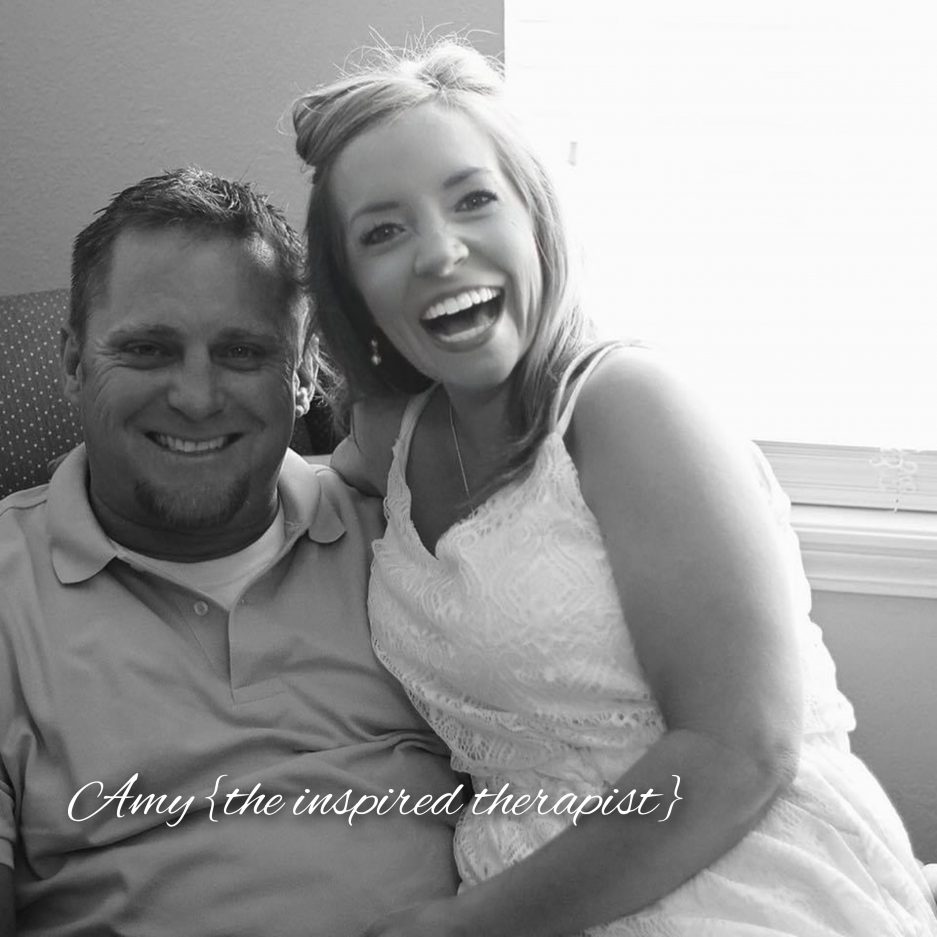One day I decided I had Bipolar Disorder.
It didn’t happen overnight. It took me quite a bit of thinking and research to get to this conclusion.
I spent so much time considering this, that I literally convinced myself there was no way I couldn’t be suffering from this very serious disorder I’ve unfortunately had to diagnose others in my career.
I’d decided that I needed to be tested in an official capacity and probably most-likely medicated because I truly believed in this self-diagnosis.
Keep in mind, I’d read my DSM (“Diagnostic & Statistical Manual for Mental Disorders IV TR” back then) from front to back during school and multiple times after I’d obtained my Master’s degree. I knew more than I was giving myself credit for at the time.
Here’s my secret about my diagnosis…
I was lying to myself. I was lying to my family and to my friends. I’d been able to half-convince myself, but the truth lurking underneath the surface was eating me alive.
My true diagnosis was a very ugly sounding one. It’s bizarre because Bipolar doesn’t sound too pretty! However, in my very sick brain, it somehow sounded better! (The brain is utterly powerful.) Plus, if I’m being completely honest, a therapist has a very serious responsibility. It’s an extremely humbling experience and difficult task to admit that my disorder was Alcohol Dependency then follow through with treatment, rather than accept a diagnosis that would fit all the symptoms of a less ‘behavioral’ problem.
So I kept lying to myself.
This – my friends, is called denial.
The craziest part is that I’ve found this dilemma in my professional career for those that I serve as well. It’s not a shock to those in this profession that one disorder can be disguised as another.
Addiction is a very manipulative disease.
Addicts are often manipulated by addiction and manipulate others in the process.
I know looking back, that I am a true addict and always will be considered an addict. The reason I know this now is that I finally reached my rock bottom, reached out for help, and then actually accepted the treatment. Most importantly, I followed through with treatment and saw the changes in myself and my life. Eventually I had changed so much that I was able to forgive myself for all the lying but it took a very long road to get there.
Knowing my track record of going back to my this casual idea of drinking wine when I’d get home from work, and justifying this as a normal behavior that millions of others also do, really created a self-defeating pattern that made it difficult to stand proud of myself, my internal confidence & dignity and even practice as an ethical licensed therapist.
One problem that helped contribute to my constant cycle of addiction was not only is alcohol legal, it’s easily one of the most socially acceptable substances in the world. That’s not even scratching the surface on the culture of it.
My story started just like most alcoholics. Although it’s important to warn everyone reading that just because I’m speaking about MY personal experience, this does not mean I expect or assume that all addiction is like mine.
I drank in college and was a social drinker for many years. Then I started drinking wine at home in the evenings like many others. I gradually began to drink excessively and then self-medicated with alcohol when bad things happened in my life.
Thankfully, I never had any legal problems or consequences of my drinking. It was absolutely hurting me and my family (this was prior to motherhood). It became an obvious issue that I was finding more difficult to control. I struggled to deal with it internally because of my own professional identity.
I tried outpatient therapy of course. As a therapist, I had no problem going to counseling at all. Was I completely transparent? I genuinely tried to be.
Was it beneficial to have therapy? Yes. But it wasn’t enough.
I needed exactly what I recommend for clients when necessary. It finally came to the point that I needed a strict, structured environment to get myself healthy, to learn my own ways to cope with my problems instead of stuffing my emotions and having a glass of wine (or 16).
I admitted to myself and my significant other that I wanted to go to treatment. I’ve discussed the experience in its entirety in my blogs: my story and finding purpose. So the rest is history!
But it’s important to acknowledge how much we lie to ourselves.
Even therapists can and do it! We’re no different than a regular person. At our core, we’re all flawed humans, searching for happiness and purpose.
I can now look back at this time in my life with a hopeful, honest and understanding attitude. I’m still hopeful that I’ll continue finding true happiness, yet I’ve never had more purpose than the past few years of sobriety and motherhood, in addition to my passion for my lifelong career as a therapist. If anything, I believe my experience has fueled my ability to reach others. Regardless of our struggles, the connections I build with my clients will always be at the heart of my work as a clinician.
Thank you for reading about my passion and my own recovery! I would love to hear your experience if you’d like to share! One day I hope to publish a book about my experiences as a licensed therapist in recovery!
Xoxo,



